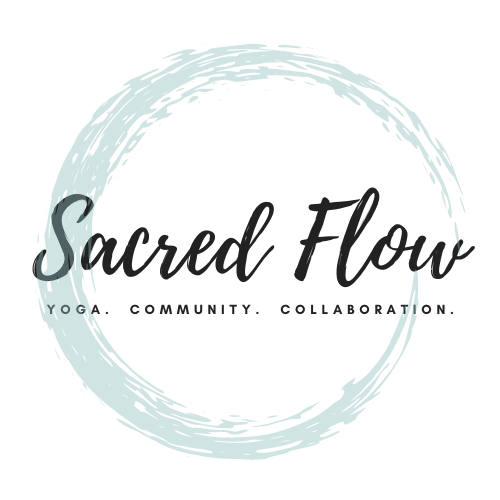
The theme for our Area Assembly on May 5th was
Come and See
Reading of the Sacred Text: John chapter 1 verses 35-51. John was standing with two men and saw Jesus walk by. He called out to him, “Behold the Lamb of God!” The two men heard John’s words and began following Jesus. Jesus turned to see the men following him and asked them, “What do you seek?” The men replied that they wanted to spend the day with Jesus, so Jesus said, “Come and see.” One of the men who began following Jesus found his brother and said, “We have found the Messiah. Come and see!” Jesus met another man named Phillip and said, “Come follow me and see.” Phillip found Nathaniel and told him the good news. Nathaniel questioned, “Can anything good come out of Nazareth?” Phillip said, “Come and See!”
The energy created here in this passage strikes me. One person gets excited and the news spreads. Just like when you light up about something in your life and then everyone else wants to come try it out!
Our invitation today (at our Area Assembly as well as everyday) is to come and see. I like to think that Jesus knew that his message would spread not only through great teaching in front of large crowds, but in experiencing life as Jesus lived. The 12 disciples were invited to see the world through Jesus’ eyes. Isn’t it energizing to spend time with your children or grandchildren and take them on experiences so that you can see the world through their eyes? Seeing the world through someone else’s eyes takes presence, awareness and curiosity.
I think the passage today calls us to become curious again. To step back from what we think we know about Jesus, the world, and humankind. Step back from the conclusions we have drawn and become curious at how we arrived at our conclusions tracing back the steps we took to get to where we are today. Noticing the impact of our observations and experiences, the impact of our own unique way of interpreting the information gathered. Once we become curious about our own unique conclusions, then we can begin to become curious about others. Authors Douglas Stone, Bruce Patton and Sheila Heen wrote these words. They said, “ Certainty locks us out of the story, but curiosity lets us in.” In what way does our certainty about Jesus, the world and humankind lock us out of the ongoing story and how can we move to curiosity?
Let me share with you a story from The Art of Living by S.N. Goenka:
Once a young professor went on a sea voyage. On the ship was an old illiterate sailor. Every night the sailor would visit the professor and listen to him share his knowledge. One evening the professor asked the sailor, “Old man, have you studied geology?” The sailor shook his head no. The professor stated, Man you have wasted a quarter of your life!” The sailor went away certain that the professor was right. The next evening, the professor asked the old sailor another question, “Old man, have you studied oceanography?” The sailor shook his head no. The professor stated, “Man you have wasted half of your life!” The sailor went away sad believing the professor must be correct. On the next evening, the professor asked the sailor, “Old man, have you studied meteorology?” The sailor replied that he had never been to school or college to study anything. The professor said, “So, you have not studied the science of the earth on which you live; you have not studied the science of the sea on which you earn your livelihood; you have not studied the science of the weather which you encounter everyday. Man, you have wasted ¾ of your life.” The sailor believed his words and was sad. The next day, it was the sailor’s turn. The old sailor asked the professor, “Professor sir, have you studied swimology?” What is swimology? Can you swim, sir? The professor said, “No, I do not know how to swim.” The sailor replied, “professor sir, you have wasted all your life! The ship hit a rock and we are sinking. Those who can swim may reach the shore. I am so sorry, but you have surely lost your life!
You may read and write books on swimming, you may debate on its subtle theoretical aspects, but how will that help you if you refuse to enter the water yourself?
